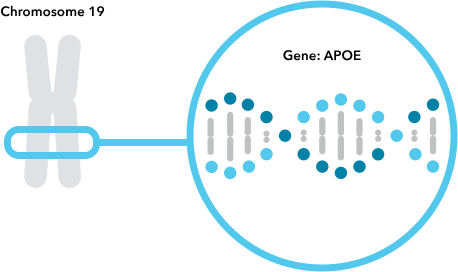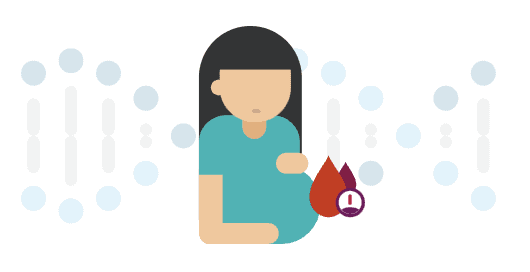Mindblown: a blog about philosophy.
-

Is Alzheimer’s Genetic?
Explore Alzheimer’s and what your DNA can tell you What is Alzheimer’s disease and how common is it? Alzheimer’s disease is a form of dementia. It’s characterized by progressive memory loss, gradual cognitive decline, and personality changes. There are two different types of Alzheimer’s disease: late-onset Alzheimer’s disease and early-onset Alzheimer’s disease. Both have symptoms…
-

Is Lupus Genetic?
Explore Lupus and what your DNA can tell you What is lupus? Lupus is a group of chronic autoimmune conditions that can affect many parts of the body, such as the joints, skin, lungs, kidneys, and heart. There are several types of lupus, but the most common type – called systemic lupus erythematosus (SLE) –…
-

Is Depression Genetic?
Explore Depression and what your DNA can tell you What is depression? Everyone can sometimes experience sadness, guilt, and other negative emotions in response to life’s ups and downs. But people with depression may experience negative emotions and other mental and physical symptoms that are intense, don’t go away over time, and make it hard…
-

Is ADHD Genetic?
Explore ADHD and what your DNA can tell you What is ADHD? ADHD can affect attention, working memory, or executive function, which is the brain’s ability to prioritize and manage thoughts and behaviors. ADHD affects people differently, which can make recognizing it a challenge. People with ADHD may experience things like: While everyone can sometimes…
-

Is PCOS Genetic?
Explore PCOS and what your DNA can tell you What is polycystic ovary syndrome? Polycystic ovary syndrome (PCOS) is a hormone disorder that affects people who have ovaries. People with PCOS may have high testosterone levels, irregular periods, and/or more ovarian follicles than usual (polycystic ovaries). Other common symptoms include irregular periods, weight gain, acne,…
-

Is Preeclampsia Genetic?
Explore Preeclampsia and what your DNA can tell you What is preeclampsia? Preeclampsia is a pregnancy complication that causes persistent high blood pressure and in some cases, injury to organs like the liver and kidneys. The onset and severity of preeclampsia can vary greatly, but it typically develops later in pregnancy and resolves after delivery.…
-

Is Hashimoto’s Disease Genetic?
Explore Hashimoto’s Disease and what your DNA can tell you What is Hashimoto’s disease? Hashimoto’s disease (or Hashimoto’s thyroiditis) is an autoimmune condition that affects the thyroid. The thyroid is a gland in the lower part of the neck, just in front of the trachea. The thyroid produces thyroid hormone, which regulates many functions in…
-

Is Asthma Genetic?
Explore Asthma and what your DNA can tell you What is asthma? Asthma is a chronic lung condition that occurs when the immune system overreacts to an environmental trigger, causing inflammation, increased mucus production inside the airways, and tightened muscles around the airways. Most cases of asthma are diagnosed during childhood, but asthma can develop…
-

Seasonal Allergies
What are seasonal allergies? Seasonal allergies, also known as hay fever or allergic rhinitis, occur when the immune system overreacts to small airborne particles called allergens, including mold or pollens from trees, grasses, or weeds. Seasonal allergies occur at certain times of the year, which can vary depending on what a person is allergic to…
-

Is Anxiety Genetic?
Explore Anxiety and Anxiety Disorders, and what your DNA can tell you What are anxiety disorders? Everyone can sometimes experience anxiety in response to stressful events and situations. But anxiety disorders are a group of conditions where anxiety is overwhelming, doesn’t go away over time, and begins to interfere with daily life. Examples of anxiety…
Got any book recommendations?